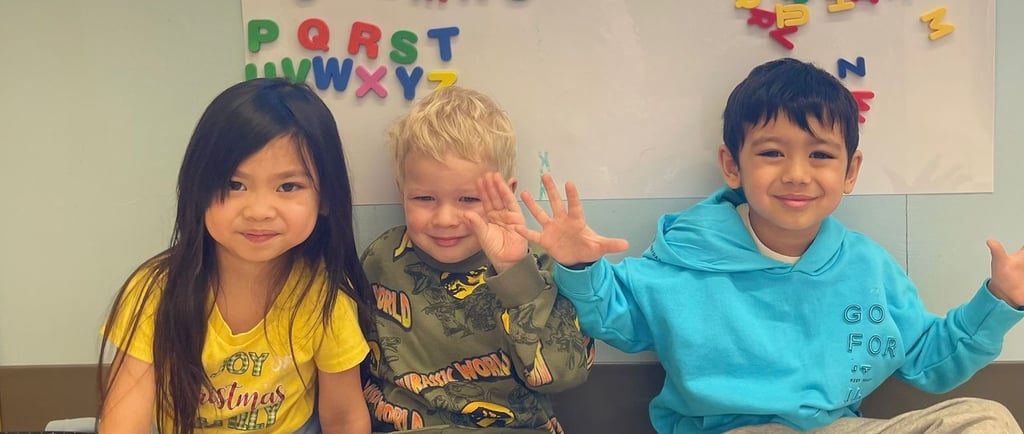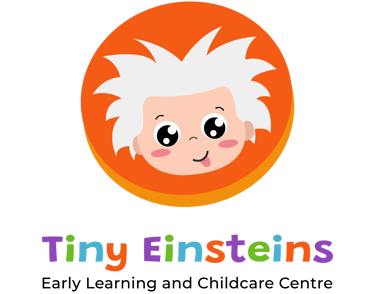Play-Based Learning Benefits
Play is more than just fun—it’s a crucial part of early childhood education. Play-based learning fosters creativity, problem-solving, and social skills, helping children develop essential abilities that prepare them for lifelong learning.
5/8/20241 min read


Why Play-Based Learning Matters
Boosts Cognitive Skills
Through activities like puzzles, storytelling, and role-playing, children enhance their memory, language, and reasoning abilities.Encourages Social and Emotional Growth
Playing with peers teaches cooperation, empathy, and conflict resolution, key skills for forming healthy relationships.Enhances Motor Skills
Physical play—such as running, climbing, and hands-on activities—improves coordination, balance, and overall physical development.Nurtures Creativity and Imagination
Open-ended play allows children to explore ideas, innovate, and develop critical thinking skills that will serve them in future problem-solving scenarios.Builds Confidence and Independence
Making choices during play helps children develop self-esteem and decision-making abilities, fostering independence and resilience.
How Tiny Einsteins Incorporates Play-Based Learning
At Tiny Einsteins, we integrate play into our curriculum through interactive storytelling, hands-on experiments, creative arts, and structured group activities. Our approach ensures that learning is engaging, meaningful, and tailored to each child’s unique interests and developmental stage.
Give Your Child the Joy of Learning!
Discover the benefits of play-based education at Tiny Einsteins. Contact us today to learn more about our programs or schedule a visit!
Contact us:
403.453.1789
beltline@tinyeinsteins.ca
622 - 11 Avenue SW Calgary, AB T2R 0E2
Copyright © 2025 Tiny Einsteins Early Learning & Childcare Centre. All Rights Reserved.
Stay Connected:


